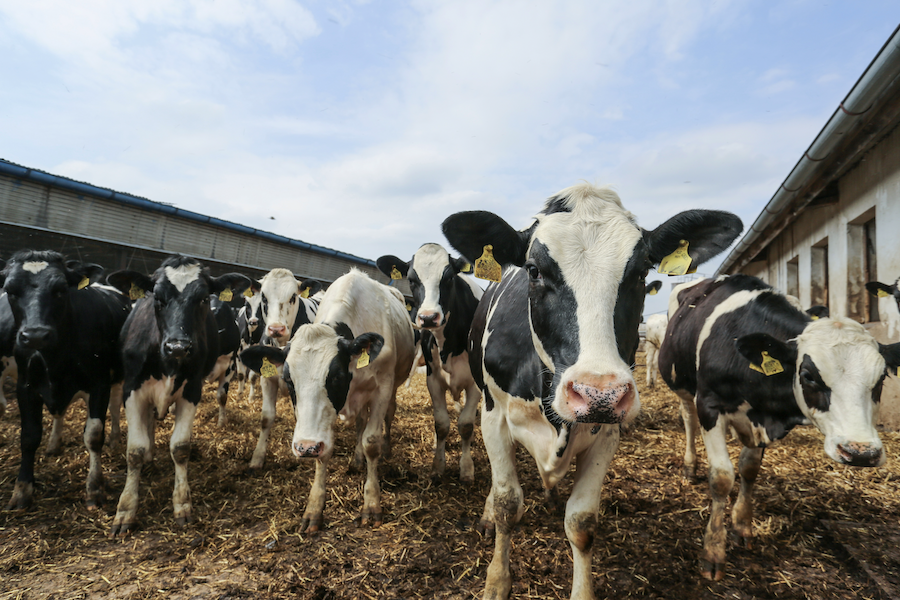Parasites guide updated to reflect changing approaches
21st November 2023
The Control of Worms Sustainably (COWS) group has published its latest technical guide, which reflects significant changes in approaches.

The new guide, available online, takes into account a move towards more ‘testing before treating’ and much greater awareness of how climate change is changing parasite behaviour. Plus, the effect anthelmintics might have on other organisms in the environment.
“All these elements are now commonly discussed amongst researchers, vets and RAMAs/SQPs,” said Professor Diana Williams from the University of Liverpool, who has authored the changes to four of the chapters, covering roundworms, lung worm, liver and rumen fluke and integrated parasite control.
She added: “Most cattle farmers still rely on wormers applied to entire groups of animals at pre-determined times of year. On many farms the same products have been used at the same time of year for more than a decade.
“But could this ‘golden age’ of anthelmintics be coming to an end, as more reports of anthelmintic resistance come in?”
The fifth chapter covering ectoparasites was updated by Dr Hannah Vineer, also of the University of Liverpool.
COWS advocates a ‘test before you treat’ approach where possible, using techniques such as regular weighing of youngstock, taking faecal egg counts (FEC), or taking blood or milk antibody tests.
“It is also useful to do post-treatment checks. Failure of such a test may indicate the presence of worms that are resistant to the product used,” Prof Williams continued.
“New testing options are coming along all the time, including the use of Artificial Intelligence (AI), which can speed up the accurate identification on worm eggs in dung. Testing is becoming easier.”
Soil health
Over the past few years there has been growing interest in the role of dung beetles and other insects in sustaining and improving soil health. Routine treatments, particularly of macrocyclic lactones, can impact these beneficial insects.
Moving away from prophylactic, calendar-based treatment can support these important creatures, particularly where treatment turns out to be unnecessary.
The changing climate is also affecting parasite activity, making it harder to predict when numbers might climb high enough to affect youngstock growth and production.
“For example, as the climate changes, the time of year when cattle are normally exposed to liver fluke is changing,” says Prof Williams.
“Traditionally, infectious stages of the parasite appeared on pasture in late summer and autumn. Now infection is much less predictable, making it even more important to use diagnostic tests to demonstrate the need to treat. This saves unnecessary use of flukicide medicines and targets treatment when it is of most value.”
The updated chapters can be found in the Resources sections of the COWS website: www.cattleparasites.org.uk
